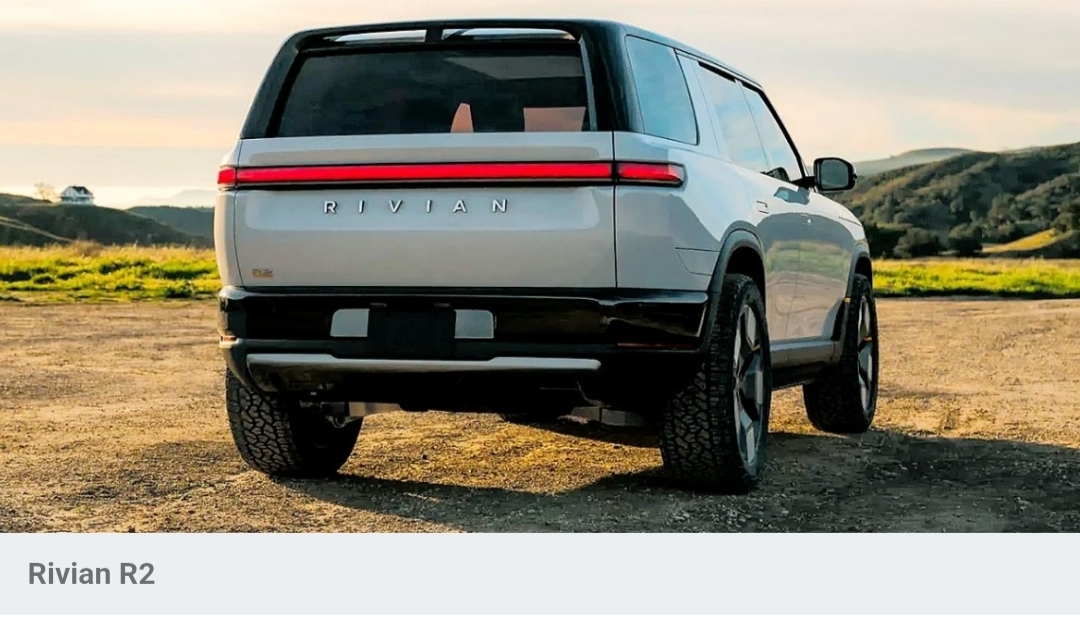Volkswagen Injects Another €1 Billion Into Rivian to Boost EV Software Partnership and Secure Future Models
Volkswagen is doubling down on its bold alliance with Rivian, delivering a second €1 billion payment to the American EV maker as part of a broader €4.95 billion investment deal. The latest funding round was unlocked after Rivian met key financial targets and will further solidify Volkswagen's role in Rivian’s future—while also aiming to resolve VW’s ongoing software struggles.
The investment marks another major step in Volkswagen’s quest to modernize its EV software systems, an area where the German giant has stumbled in recent years. The two companies are jointly developing next-gen EV technology through their new venture, Rivian Volkswagen Technologies, which will receive €1.96 billion of the total capital infusion. The JV’s mission: build the digital architecture for upcoming electric vehicles from both automakers.
Volkswagen’s goal is clear—leverage Rivian’s software expertise to avoid further delays and missteps in its EV rollout. The first real product of this partnership is expected to be the VW ID.1, a budget-friendly electric hatchback set for production in Portugal in 2027, priced around €20,000.
The long-term plan could also see Volkswagen become Rivian’s largest shareholder, overtaking Amazon—if Rivian continues meeting the deal’s milestones. After the initial billion-euro injection, VW held an 8.6% stake, which will now increase, though the updated figure remains undisclosed.
For Rivian, the Volkswagen money is a vital lifeline. Despite recent progress—including back-to-back quarters of gross profit—the California-based automaker is still unprofitable and forecasts an adjusted EBITDA loss of up to €1.62 billion for 2025. A recent 23% drop in Q2 deliveries didn’t help, driven by a plant retooling effort in Illinois and slower demand for its R1T pickup and R1S SUV.
Looking ahead, Rivian’s survival and growth depend on the success of its more affordable models, the $45,000 R2 crossover and compact R3, both aimed at the mass market. The R2 is scheduled for a 2026 production start, and the capital from Volkswagen is expected to carry Rivian through the costly development phase.
Future VW payments—including another €1 billion in 2026—will hinge on Rivian meeting technological milestones, not just financial ones. The final €427 million installment depends on the successful production launch of the first Volkswagen EV powered by Rivian-developed tech.









Post a Comment